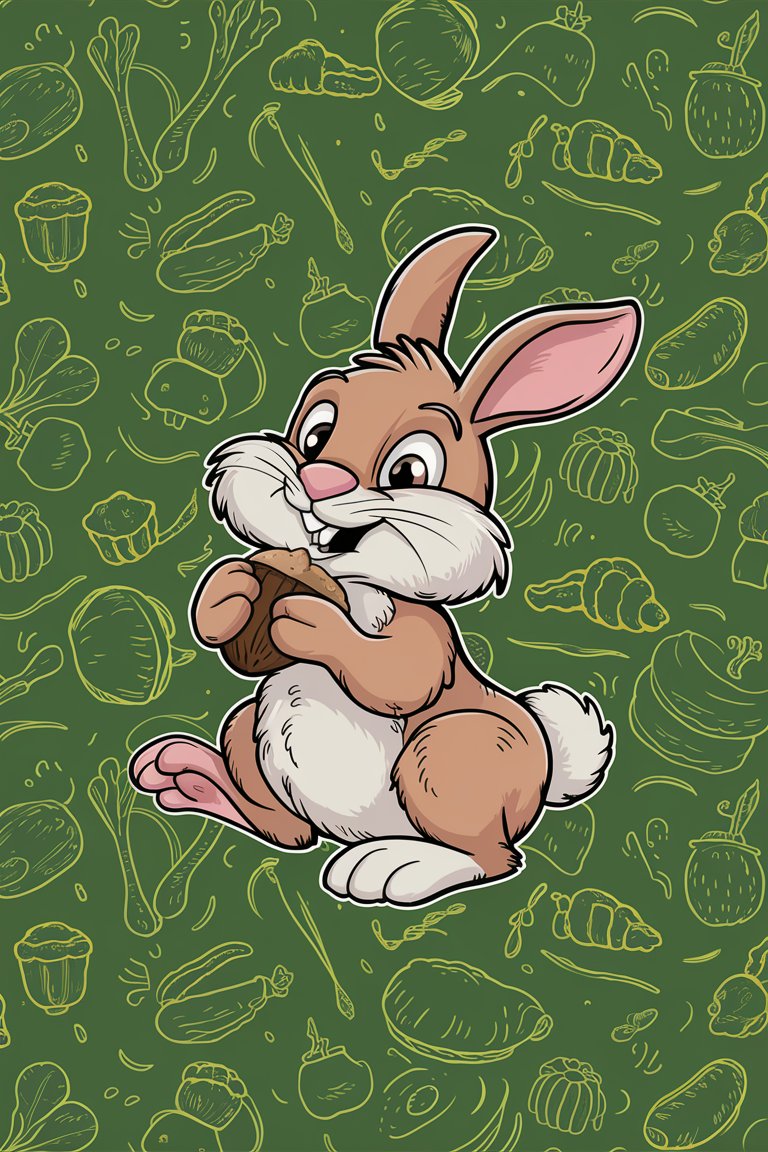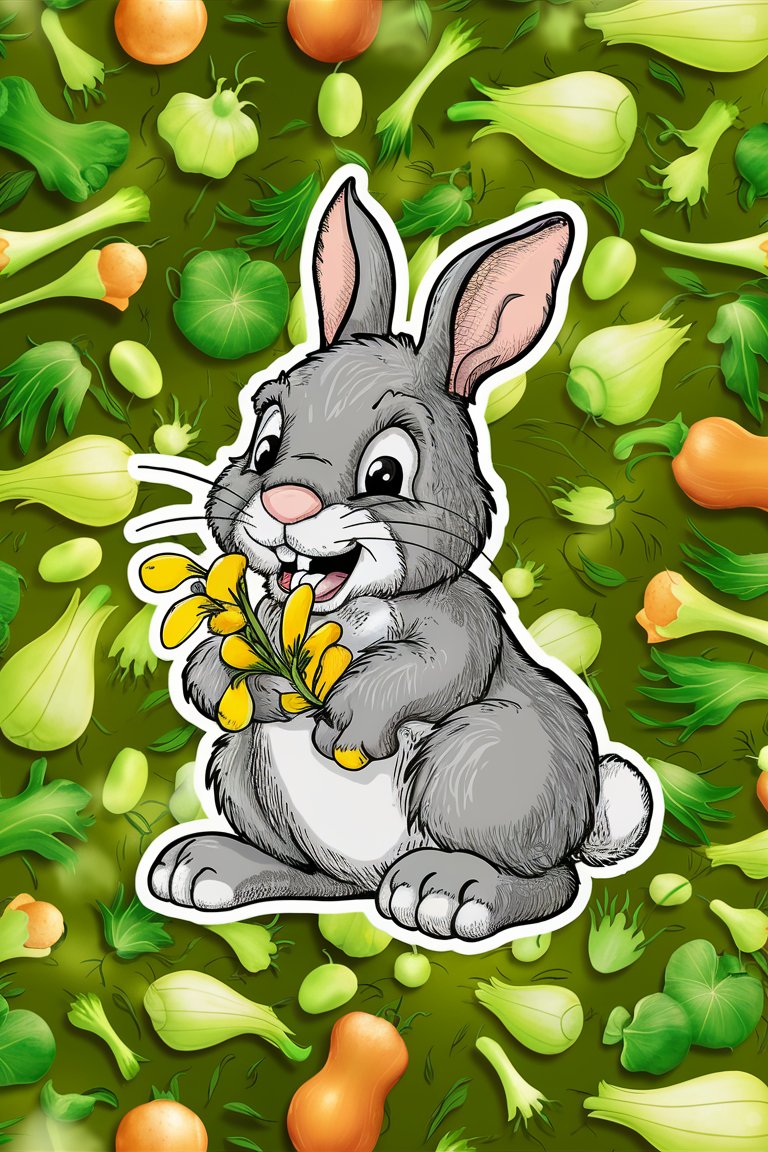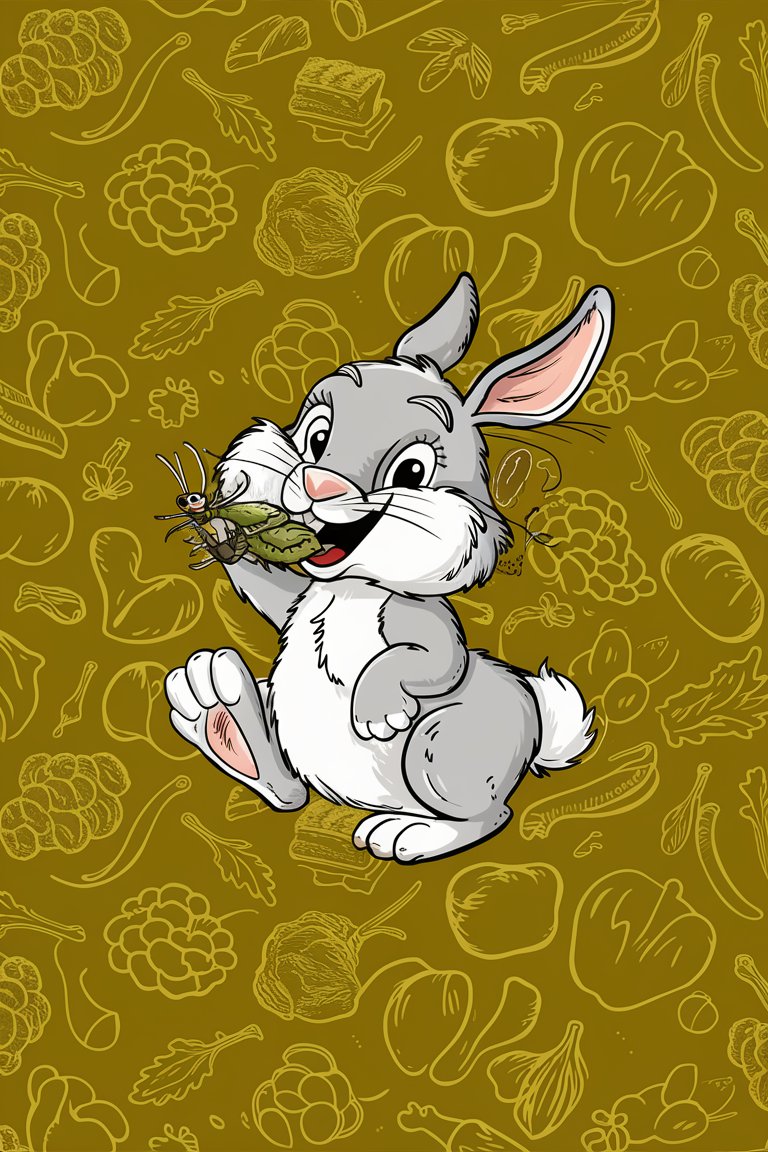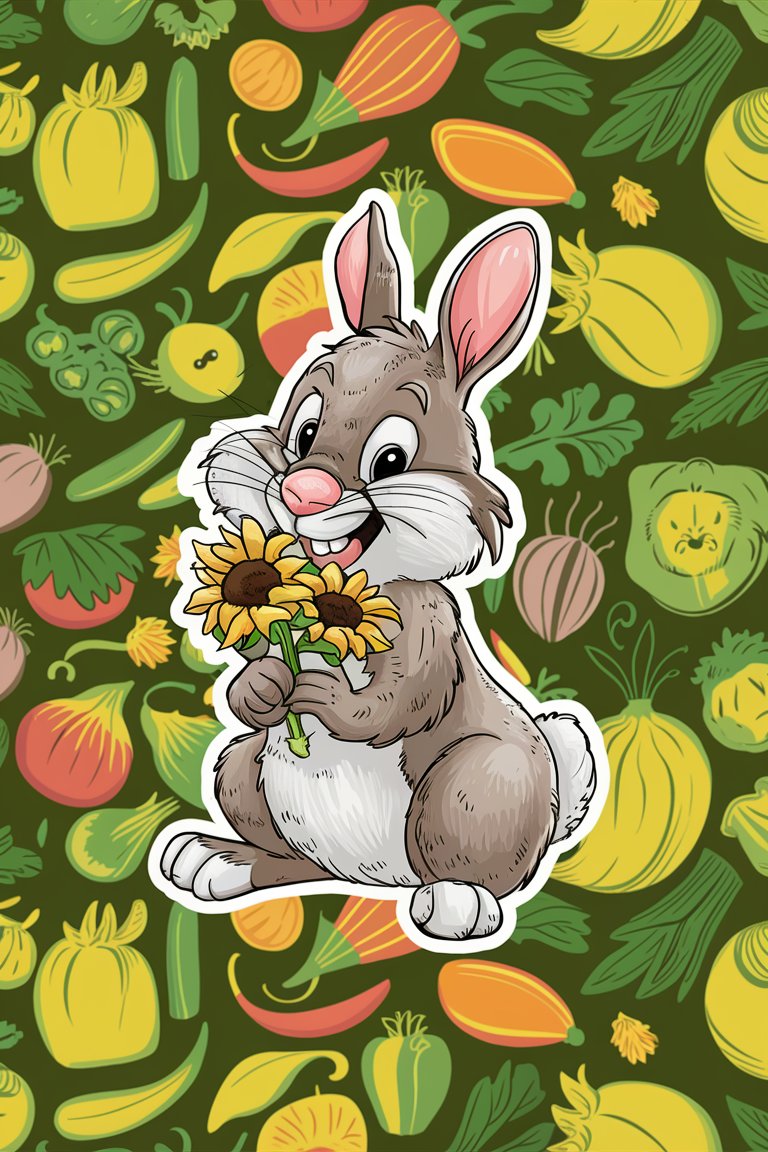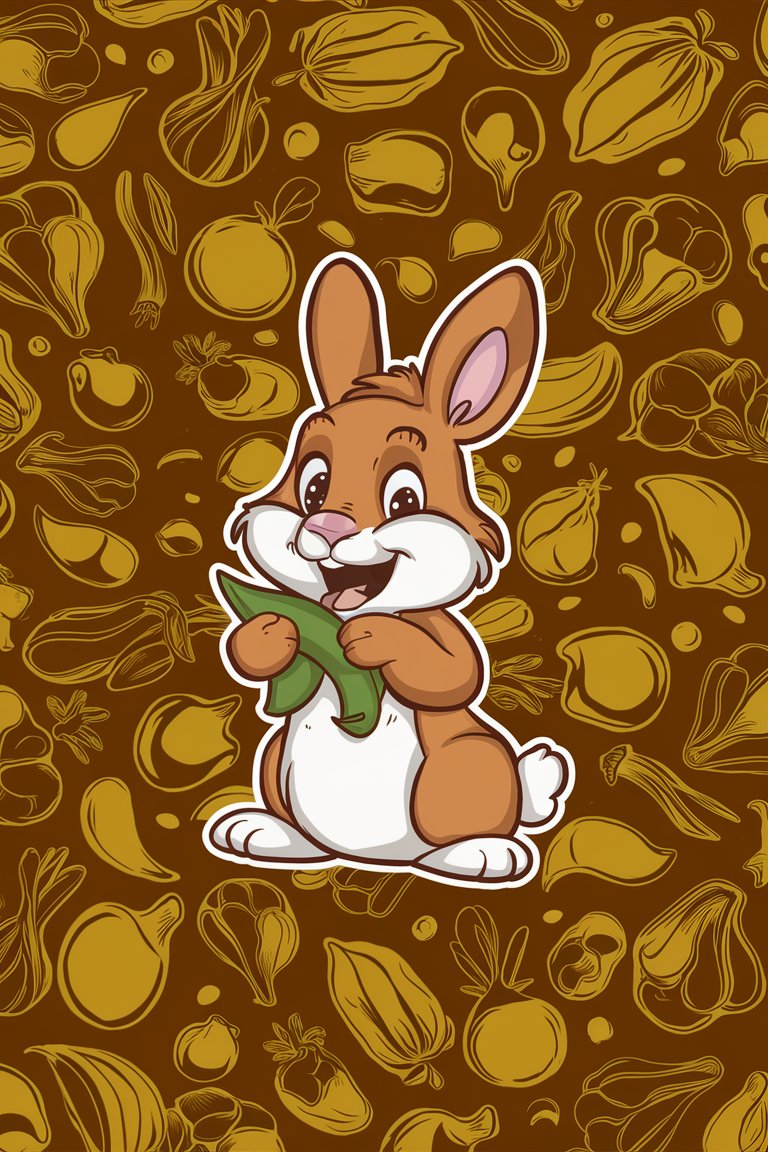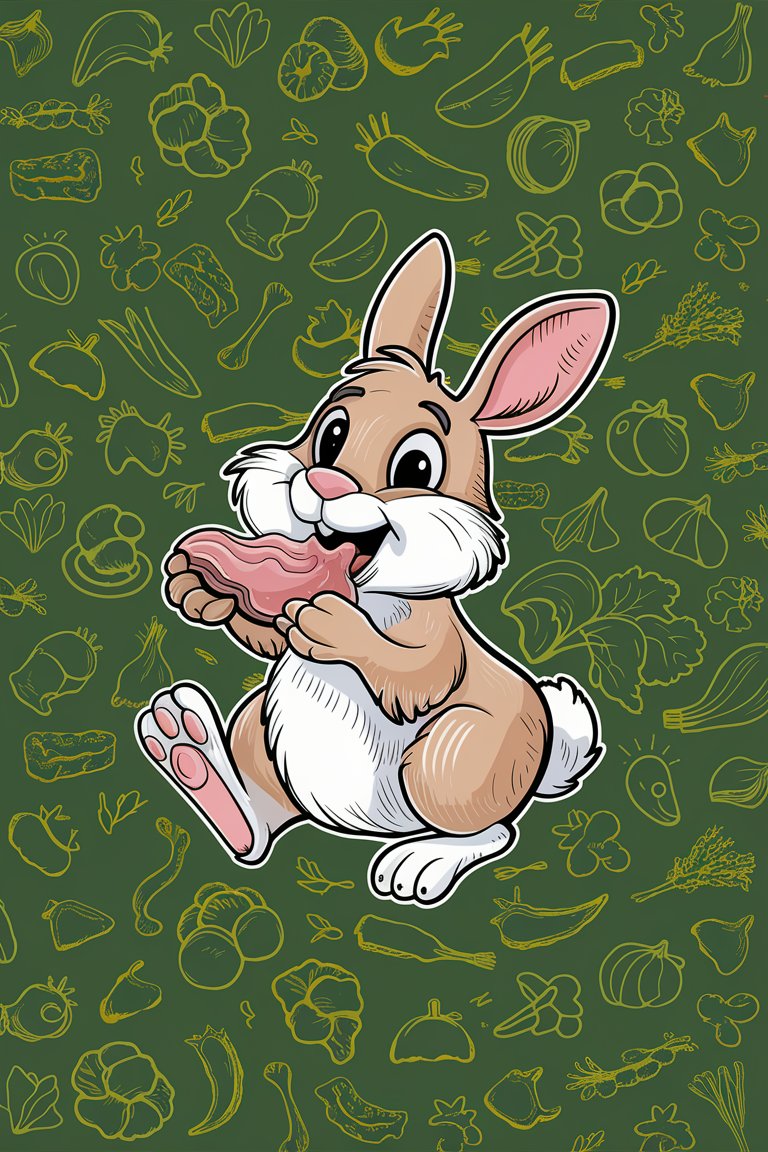Can Rabbits Eat Acorns? Risks, Benefits, and Best Practices
Acorns might seem like a handy snack for rabbits, but there’s more to consider. Their small bodies react differently to certain foods. Should we offer our furry friends these oak nuts?
It’s crucial to know what’s safe and what’s not. Our goal here is to break it all down for you, simply and effectively. With our shared love for our pets, we’ll give you the scoop on acorns and rabbits.
Stick around for some solid advice on keeping your furry buddy healthy and happy.
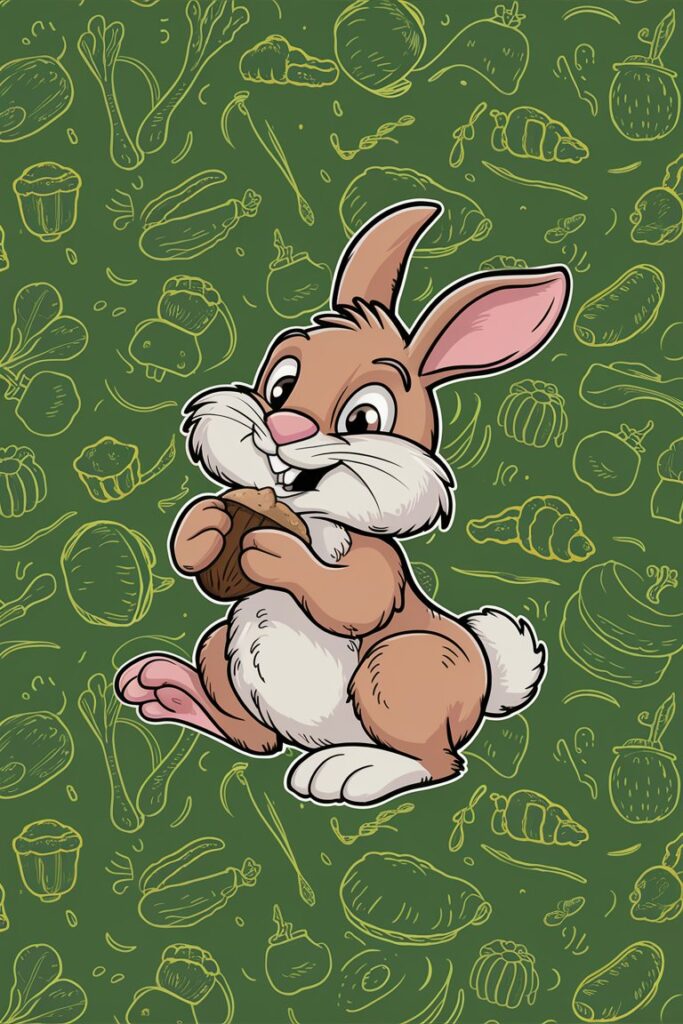
Can Rabbits Eat Acorns?
Acorns are a popular natural food source. People often assume they’re good for our rabbits too. However, only fully ripe acorns are considered safe for rabbits, and even then, only in moderation.
- Learn more about: What Should and Should Not Rabbits Eat? Ultimate Guide
Unripe or moldy acorns can be dangerous. They contain high levels of tannin, which is toxic. This can cause serious digestive issues for our furry friends. So, if you do give them acorns, make sure they’re ripe and clean.

Nutritional Benefits of Acorns for Rabbits
Acorns are packed with energy. That’s great for rabbits needing a boost. They have a high concentration of polyphenols.
These compounds are powerful antioxidants. They help protect cells from damage. Acorns also provide essential vitamins and minerals. They have vitamin A, vital for vision, and vitamin E, which supports skin health.
Rabbits get a good dose of magnesium and calcium from acorns too. These minerals are important for bone health. The antioxidants in acorns support overall health by fighting free radicals. This can lead to better immune function.
By incorporating acorns, we can use fewer resources. This makes the diet more sustainable. Small amounts can go a long way in providing energy, vitamins, and minerals.
How to Safely Feed Acorns to Rabbits
Acorns can be a nice treat, but we need to be careful. First, pick only ripe acorns. Toss out any that look moldy or damaged. Rinse them well to remove dirt and debris. This ensures our rabbits only eat clean acorns.
We should start small. Introduce acorns gradually and see how our rabbits react. Watch for any upset stomach or changes in behavior. If they seem fine, slowly increase the amount. Keep observing them for any issues.
Acorns are healthy, but they’re not enough on their own. Rabbits need a balanced diet. We shouldn’t replace their regular food with acorns. Use acorns as an occasional snack, not a staple.
It’s also smart to store acorns properly. Keep them in a cool, dry place. This prevents mold and keeps them fresh. Try to collect only what we’ll use in a month or so, to ensure they stay good.
Variety is key to our rabbits’ health. We should give them a mix of hay, vegetables, and small treats like acorns. This helps them get all the nutrients they need.

Potential Drawbacks of Feeding Acorns
Acorns are high in starch. This can mess with our rabbits’ digestion. Too much starch can cause impaction. That’s a blockage in their gut. It’s painful and dangerous.
Feeding too many acorns is risky. Rabbits with sensitive stomachs might not handle it well. They can get diarrhoea or other digestive issues. We should be cautious and limit acorn treats.
There’s also a risk of mold. If acorns aren’t stored properly, they can grow mold. This is toxic and harmful to our rabbits. Always check acorns before feeding them. Make sure they’re clean and mold-free.
Acorns are not bad, but they shouldn’t be a main part of our rabbit’s diet. Stick to occasional treats. Always watch for any health issues after feeding.

